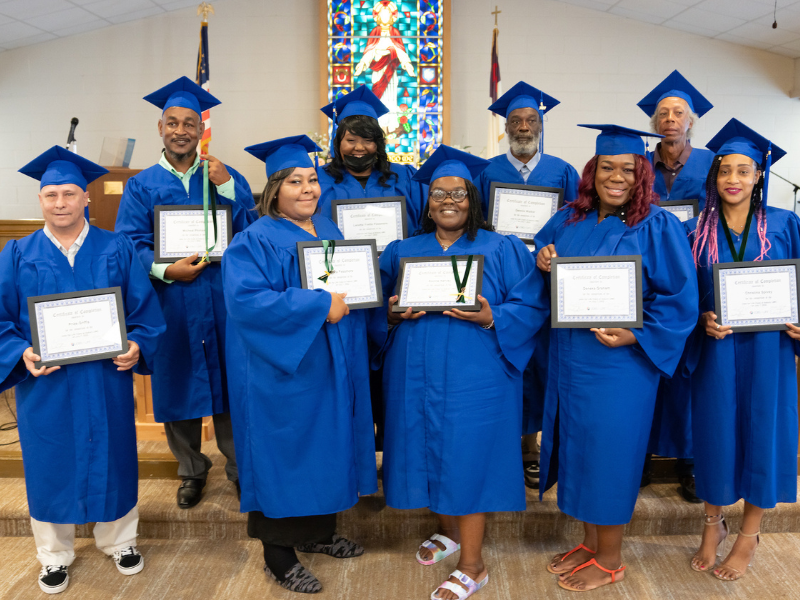
Georgia experts blame federal government at least partly for state’s inflationary woes

Georgia experts blame federal government at least partly for state’s inflationary woes
Georgia isn’t immune to the highest inflation in decades, and local pundits say the federal government is at least partly to blame.
On Wednesday, the U.S. Bureau of Labor Statistics announced that the Consumer Price Index for All Urban Consumers increased 1.3% in June and 9.1% over the last 12 months. Both increases are seasonally adjusted.
Meanwhile, Erik Randolph, the Georgia Center for Opportunity’s director of research, said the country might not have even reached peak inflation, and federal lawmakers should consider a new approach to fix inflation.
“This new inflation reading ranks among the worst monthly inflation rates in U.S. history, and the worst in recent history,” Randolph said in a statement. “We have to go back to March 1980 — the last year of the [President Jimmy] Carter administration — to find a higher monthly inflation rate.
“The bottom line is that we may not have reached peak inflation, and there’s no telling how long the price level crisis will persist,” Randolph added. “Meanwhile, the rhetoric from the White House and Congress will do little to rectify the situation. There needs to be new thinking within the Washington Beltway.”





